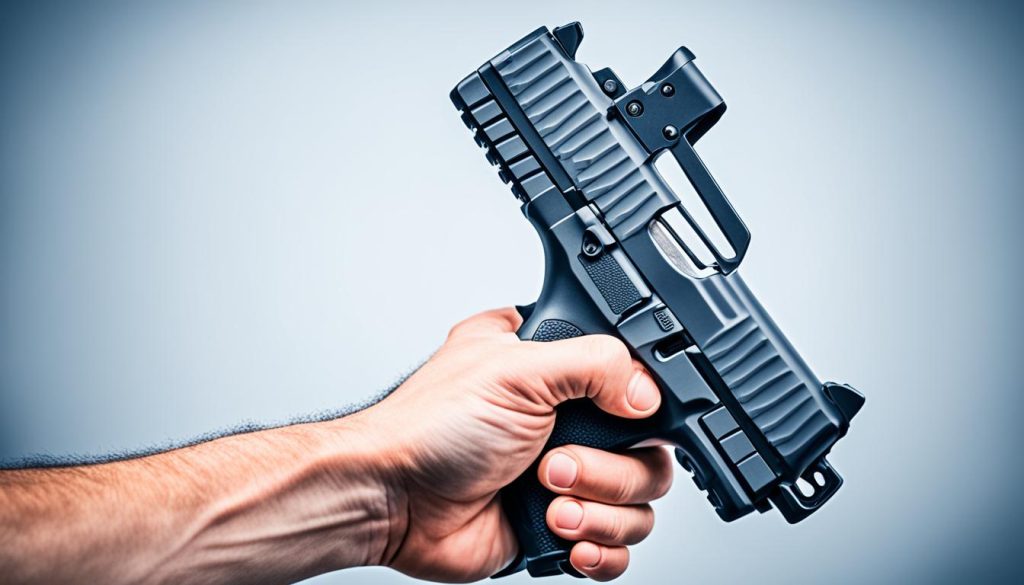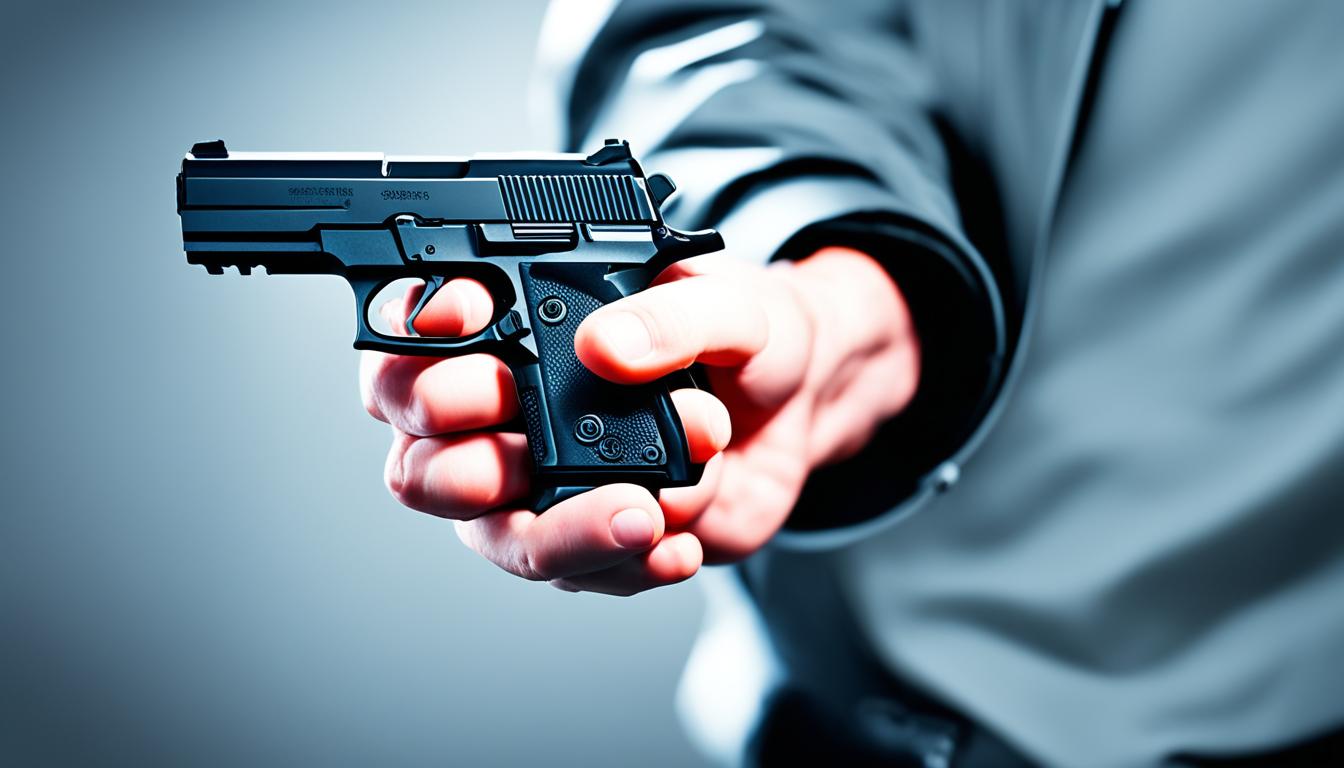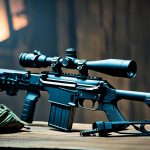As a passionate advocate for responsible gun ownership, I’m thrilled to share the top concealed carry tips for beginners. Whether you’re new to the world of concealed carry or looking to refine your skills, these practical insights will guide you through the essential aspects of everyday carry and enhance your safety and confidence.
In this comprehensive guide, I’ll cover the fundamentals of concealed carry, from understanding local laws and regulations to choosing the right firearm and holster. Additionally, I’ll delve into the importance of developing a mindset for responsible gun ownership, emphasizing the critical role of safety and awareness in every step of your concealed carry journey.
By the end of this article, you’ll be equipped with the knowledge and tools necessary to embark on your concealed carry journey with confidence, knowing that you are taking the right steps to protect yourself and your loved ones.
Mastering the Fundamentals of Concealed Carry
Mastering the fundamentals of concealed carry is crucial for your safety and legal compliance. Before you even consider carrying a concealed firearm, it’s essential to thoroughly understand the local concealed carry laws and regulations in your area. These can vary significantly, so familiarize yourself with the licensing requirements, carry restrictions, and any limitations on where you can legally conceal carry.
Understanding Local Laws and Regulations
Each state and even some municipalities have their own set of concealed carry regulations. It’s your responsibility as a responsible gun owner to know the rules and regulations in your specific location. This includes understanding the requirements for obtaining a concealed carry permit, any restrictions on the types of firearms you can carry, and where you are and aren’t allowed to have your concealed carry firearm.
Choosing the Right Firearm and Holster
Once you’ve familiarized yourself with the local concealed carry laws, it’s time to choose the right concealed carry firearm and concealed carry holster for your needs. Consider factors like your body type, clothing style, and personal preferences to select a firearm and holster that are comfortable, reliable, and suitable for everyday carry.
“The key to successful concealed carry is striking the right balance between accessibility and discretion. Your firearm and holster should be readily available, yet discreetly concealed.”
Remember, the fundamentals of concealed carry go beyond just choosing the right gear. It’s also about developing the proper mindset, prioritizing safety, and always being aware of your surroundings. By mastering these basics, you’ll be well on your way to responsible and effective concealed carry.
Top Concealed Carry Tips For Beginners
Embarking on your concealed carry journey can be both exciting and daunting. As a beginner, it’s essential to arm yourself with the right knowledge and best practices to ensure a safe and responsible experience. In this section, we’ll explore top concealed carry tips that will help you navigate this new chapter with confidence.
One of the fundamental concealed carry tips for beginners is to prioritize situational awareness. Maintain a keen eye for your surroundings, be mindful of potential threats, and always be prepared to react appropriately. Developing this heightened sense of awareness can make all the difference in a critical moment.
Additionally, mastering the proper draw technique is crucial. Regularly practicing your draw at the range or in a safe environment can help you develop muscle memory and improve your response time. Remember, a smooth and efficient draw could mean the difference between a successful defensive intervention and a potentially dangerous situation.
- Maintain situational awareness at all times
- Practice your draw technique regularly
- Seek professional training to refine your skills
- Familiarize yourself with local concealed carry laws and regulations
- Choose a firearm and holster that suit your needs and preferences
Seeking professional training is another invaluable tip for beginner concealed carriers. Investing in formal instruction can help you develop essential skills, such as marksmanship, tactical movement, and decision-making under stress. This training will not only enhance your competence but also foster a deeper understanding of responsible gun ownership.
Finally, it’s crucial to familiarize yourself with the local concealed carry laws and regulations in your area. Staying informed about the legal parameters within which you can operate will ensure that you remain compliant and avoid any unintentional missteps. Additionally, choosing the right firearm and holster for your specific needs and preferences can make a significant difference in your overall concealed carry experience.
By implementing these top concealed carry tips for beginners, you’ll be well on your way to developing the skills, mindset, and confidence needed to be a responsible and effective concealed carrier. Remember, safety should always be your top priority as you embark on this journey.

“Concealed carry is a privilege, not a right. Treat it with the utmost responsibility and respect.”
| Concealed Carry Tips | Benefits |
|---|---|
| Maintain Situational Awareness | Increased Vigilance and Preparedness |
| Practice Draw Technique | Improved Response Time and Efficiency |
| Seek Professional Training | Enhanced Skills and Responsible Gun Ownership |
| Familiarize with Local Laws | Compliance and Legal Awareness |
| Choose Suitable Firearm and Holster | Comfort, Accessibility, and Concealment |
Developing a Mindset for Responsible Gun Ownership
As a responsible gun owner, cultivating the right mindset is paramount. I understand the gravity of carrying a concealed weapon, and I am committed to prioritizing safety and awareness at all times. This mindset not only ensures my firearm is securely stored, but also keeps me vigilant of my surroundings, ready to handle any situation with poise and confidence.
Prioritizing Safety and Awareness
Safety is my top priority when it comes to concealed carry. I have undergone extensive training to handle my firearm with the utmost care and precision. Additionally, I remain acutely aware of my surroundings, constantly assessing potential threats and ensuring I am prepared to respond appropriately if the need arises.
My commitment to responsible gun ownership extends beyond the physical aspects of carrying a concealed weapon. I have also embraced the ethical and psychological dimensions of this important responsibility. I am constantly evaluating my decision-making process, ensuring that I am making informed and ethical choices that align with the principles of responsible gun ownership.



